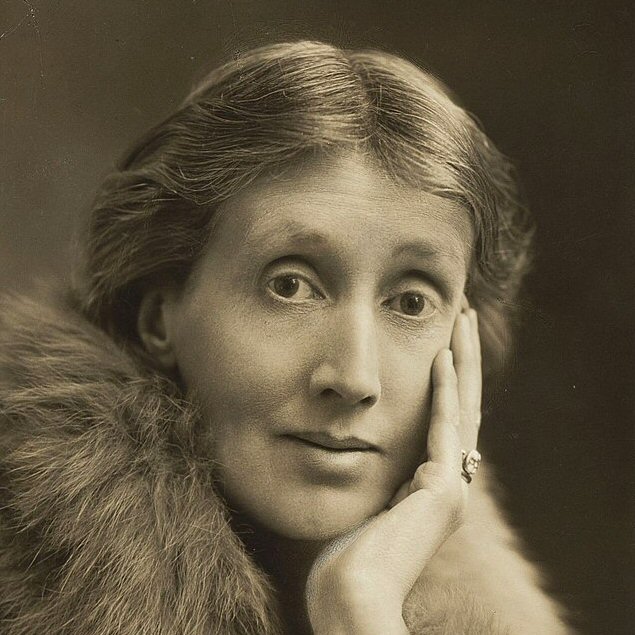 |
"Bias & Bigotry" |
||||
| More... |
Virginia Woolf was born on January 25, 1882, in London, England, into an affluent household deeply engaged with the literary and intellectual circles of the time. She was the daughter of Leslie Stephen, an editor and critic, and Julia Prinsep Stephen, a renowned beauty and model for Pre-Raphaelite painters. Growing up in a household that hosted many of the leading figures of the Victorian intellectual elite, Woolf was largely self-educated at home. Despite her lack of formal schooling, she accessed the vast library of her father, which played a critical role in shaping her literary development. Her family’s connections and her early exposure to literature would deeply influence her career as a writer and a modernist thinker. Virginia Woolf wrote during a period that saw significant upheaval in social norms, particularly regarding gender roles, in the aftermath of World War I. This era also witnessed the suffrage movement, which fought for women’s voting rights—a cause Woolf supported passionately. Her work often reflected the ongoing dialogue about the roles and rights of women, both in society and within the literary world. Woolf was a central figure in the Bloomsbury Group, a circle of intellectuals and artists who advocated for a break from Victorian norms, championing a more open, liberal approach to art, literature, and relationships. Her essays, notably "A Room of One’s Own," provide sharp commentary on the lack of educational opportunities for women and the need for economic independence. Woolf’s literary contributions were revolutionary in her use of narrative techniques, such as stream-of-consciousness and the interior monologue, to explore the complex inner lives of her characters. Her novels, including "Mrs. Dalloway," "To the Lighthouse," and "Orlando," challenge traditional narrative forms and chronology, reflecting her interest in the psychological aspects of her characters and the underlying patterns of society. Through her writing, Woolf not only pushed the boundaries of the novel form but also addressed the underlying social and psychological barriers confronting women. Her work remains profoundly influential, not only in literature but in feminist thought and the broader discussion of mental health, personal liberty, and the quest for identity. Her legacy is that of a writer who was not only ahead of her time in her literary techniques but also deeply committed to addressing the social injustices of her day. Reference: Wikipedia.org |
||||
|
|
